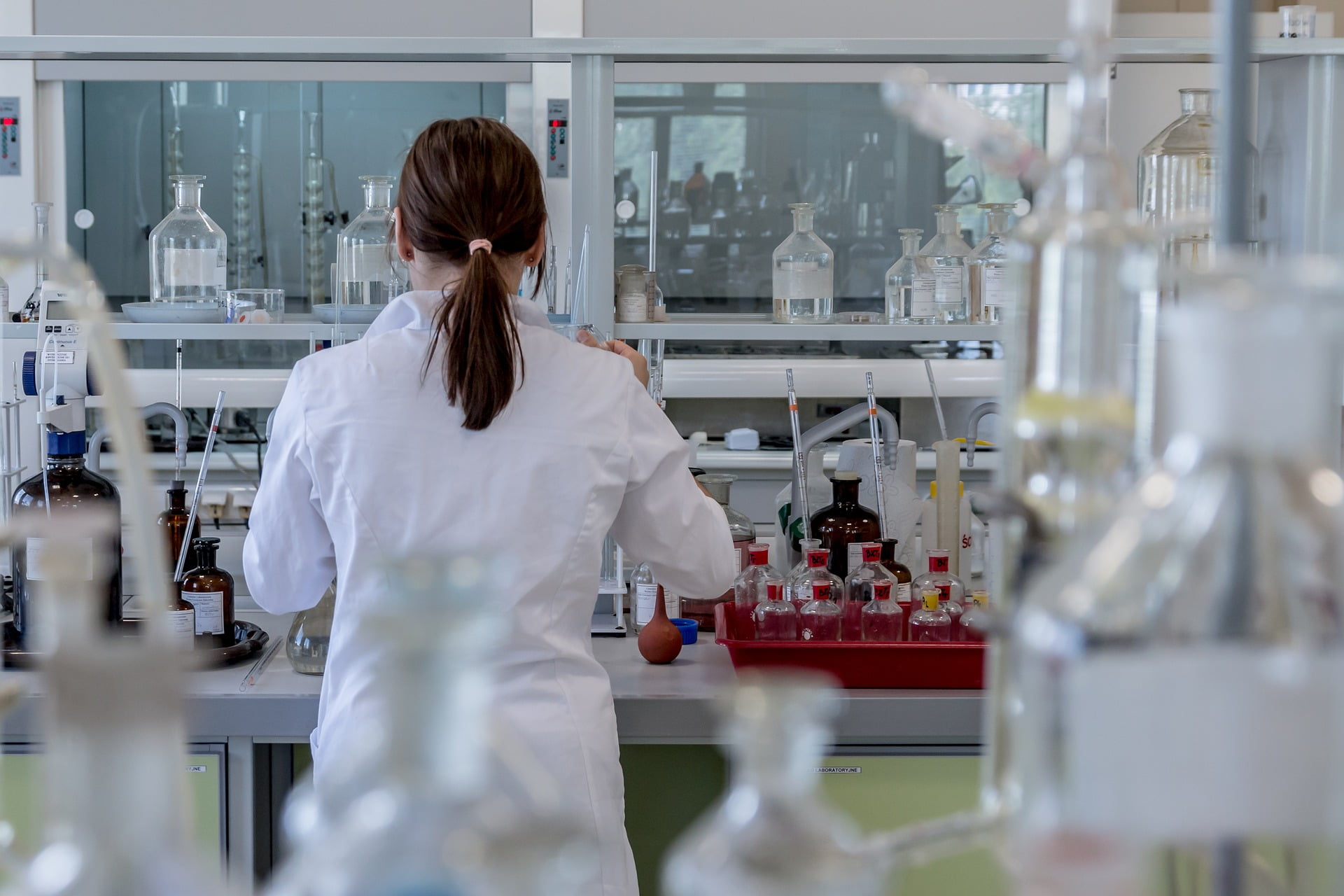The Rocky Mountain Neurology Translational Research Laboratory at the Rocky Mountain MS Center at University of Colorado was established in 2019 with the purchase of the Quanterix Simoa (single molecule array) machine — an analytical device that performs sophisticated and ultra-sensitive biomarker studies using samples from patients including blood from routine draws and cerebrospinal fluid (CSF) from lumbar punctures.

Biomarkers are components in a patient’s biospecimens that can tell us detailed information about disease activity, and even help predict disease activity that hasn’t yet occurred. The Simoa machine has a proven ability to detect very low levels of proteins in biospecimens of many types, and allows researchers to move rapidly forward with various studies focused on evaluating a disease, by identifying biomarkers known to be predictors of disease development or indicators of disease activity.
Ultimately, the Translational Research Lab aims to be able to give doctors a deeper understanding of biomarkers that are specific to MS and other autoimmune diseases, to learn more about how a patient’s disease progresses over time and responds to treatment.
Looking at MS biomarkers in this way has the potential to give doctors much more detailed information about a patient’s disease course than the current diagnosis and monitoring standard, which is the MRI. It also means that patients could eventually be monitored consistently and effectively through periodic blood draws, instead of relying on annual or semi-annual MRI scans which can be inconvenient, time-consuming and expensive.
